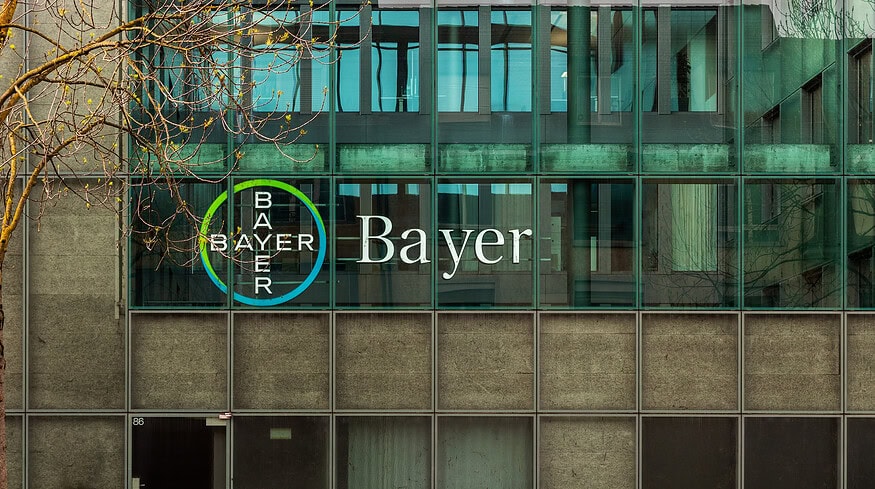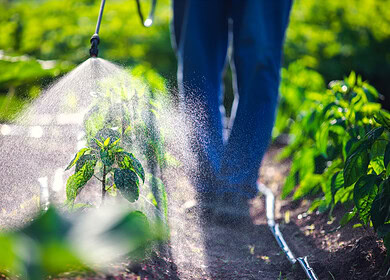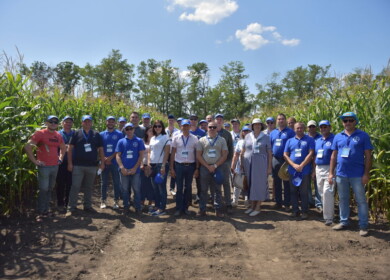Bayer’s shares are pressed down by ongoing Roundup cancer lawsuit

Bayer AG (BAYN:XETR) experienced a significant drop in its share value, hitting a 20-year low, after projecting a further decline in earnings for 2025 due to persistently weak agricultural markets. Last week, the German conglomerate’s shares fell 11.6% to €21.57 by mid-morning as it continues to grapple with challenges across its diverse sectors.
Chief Executive Bill Anderson has been proactive in restructuring the company by cutting jobs, streamlining decision-making processes, and reducing bureaucratic hurdles, with an aim to revitalize the faltering industrial giant. However, despite holding off on plans to break up its various business units, investor confidence appears shaky.
Anderson remains optimistic about Bayer’s future, highlighting promising developments in the pharmaceutical sector, such as the successful launches of Nubeqa for prostate cancer and Kerendia for kidney disease. Nonetheless, the agricultural downturn remains a significant concern, exacerbated by a muted earnings outlook for the coming year.
Criticism from shareholders has intensified, with calls for clearer communication on medium-term financial targets to restore trust. Markus Manns, a portfolio manager at Union Investment, emphasized the urgent need for Bayer to accelerate its transformation and articulate a clear, sustainable growth strategy focusing on sales, earnings, and debt reduction.
The company’s financial forecasts for 2025 suggest a third consecutive year of declining earnings, adjusting previous estimates downward to between €10.4 billion and €10.7 billion. This revision follows a nearly 26% drop in EBITDA for the July-to-September quarter, falling short of analysts’ expectations due to poor performance in Latin American markets.
Bayer’s strategic acquisition of Monsanto in 2018, valued at $63 billion, was intended to bolster its position in the agricultural supplies market. However, the investment has yet to yield the expected returns, and the company continues to struggle with high debt levels and extensive litigation costs related to Roundup, a Monsanto product alleged to cause cancer.
Further complicating Bayer’s outlook are regulatory hurdles. The anticipated U.S. approval for new soy seeds compatible with the dicamba herbicide will miss the 2025 planting season. Additionally, the European Union’s Green Deal environmental agenda is set to phase out the insecticide Movento, further impacting Bayer’s crop science operations.
In response to these market dynamics, U.S. farmers are increasingly opting for more affordable generic alternatives to Bayer’s products, placing additional pressure on the company’s financial performance.
Enjoyed this story?
Every Monday, our subscribers get their hands on a digest of the most trending agriculture news. You can join them too!












Discussion1 comments